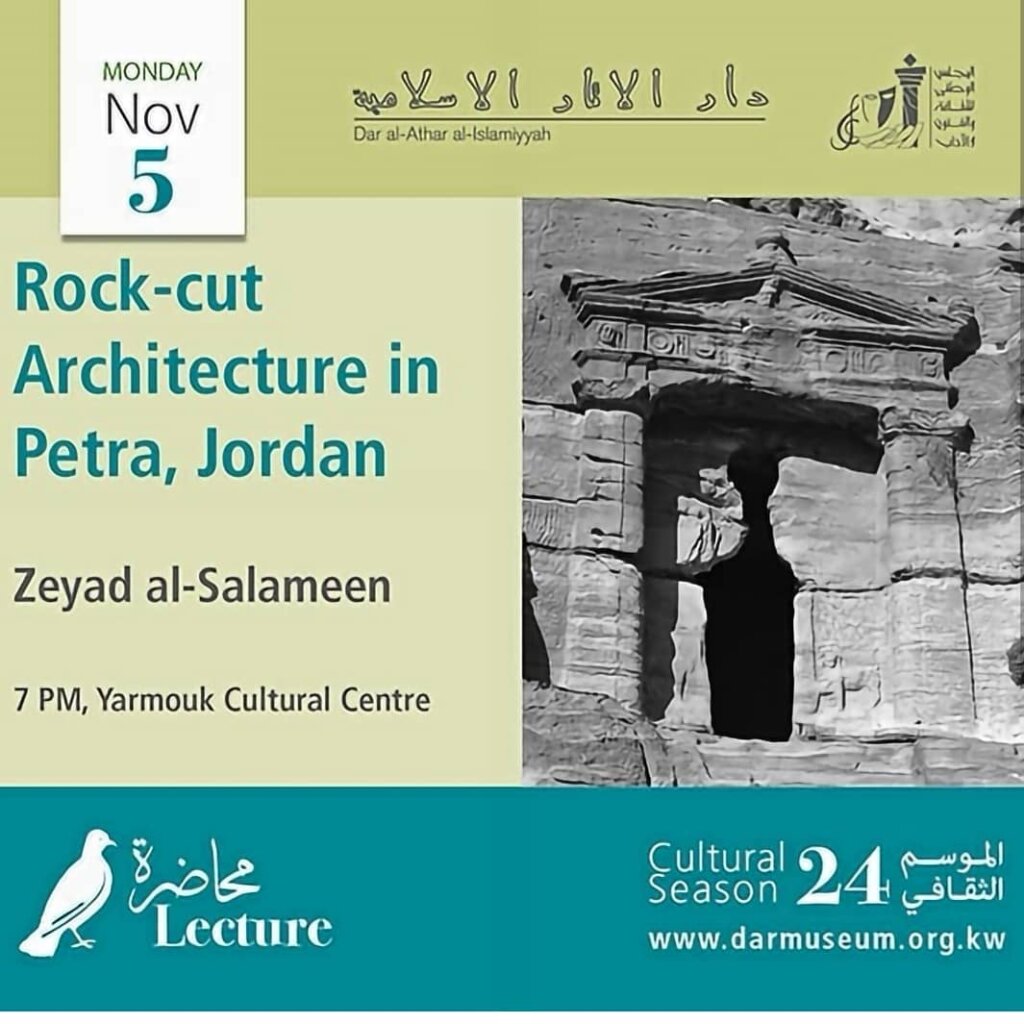Zeyad al-Salameen
Dr. Zeyad al-Salameen
is a Professor of Nabataean archaeology and epigraphy and the UNESCO Chair on Heritage and Sustainable Tourism at al-Hussein Bin Talal University. His research interests include Nabataean archaeology and epigraphy and the history and civilization of Petra and its hinterland. He has published several books and numerous articles pertaining to these fields. Rock-cut Architecture in Petra, Jordan
Rock-cut architecture is one the main achievements of the Nabataean Arabs. Nearly nine hundred rock- cut facades survive at Petra, Mada’in Saleh (Hegra) and Maghayir Shu’aib (al-Bidi’) in northern Arabia. Archaeological investigations of the Petra facades have confirmed that a considerable number of them represent multifunctional funerary complexes combining tombs, banqueting halls and other associated structures. This presentation will include typological and stylistic classification of the Petra facades and their relative chronology, cutting techniques, the layout of Nabataean funerary complexes, rock-cut tomb internal arrangements, and external artistic and architectural influences, which were absorbed by the Nabataeans as a result of their active involvement in the long distance trade.
